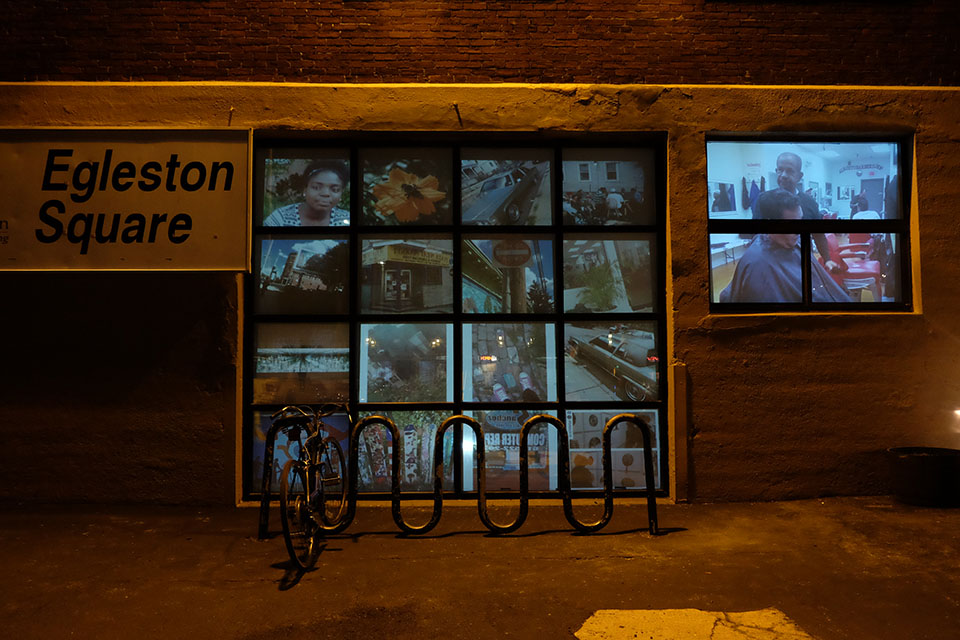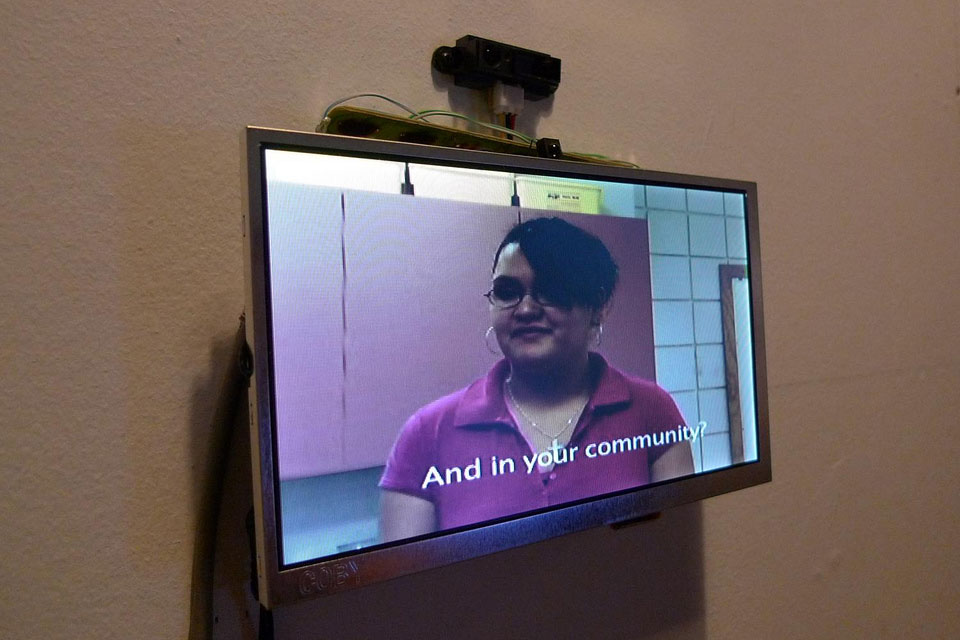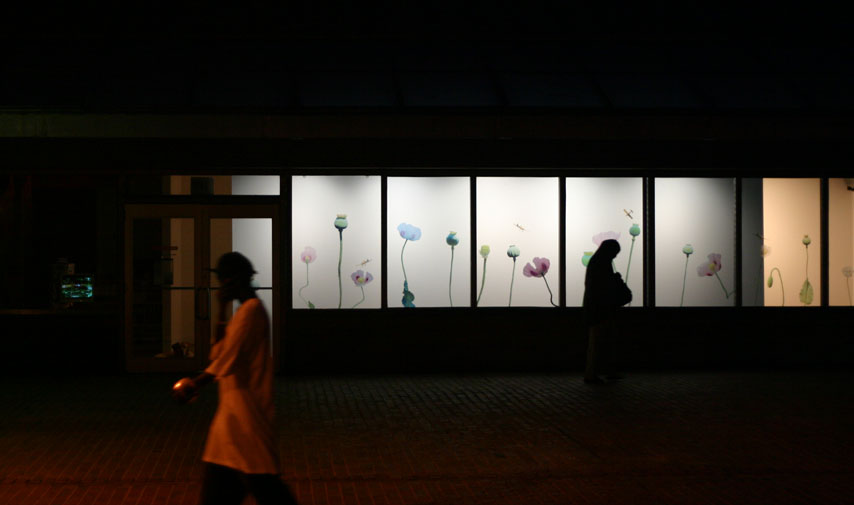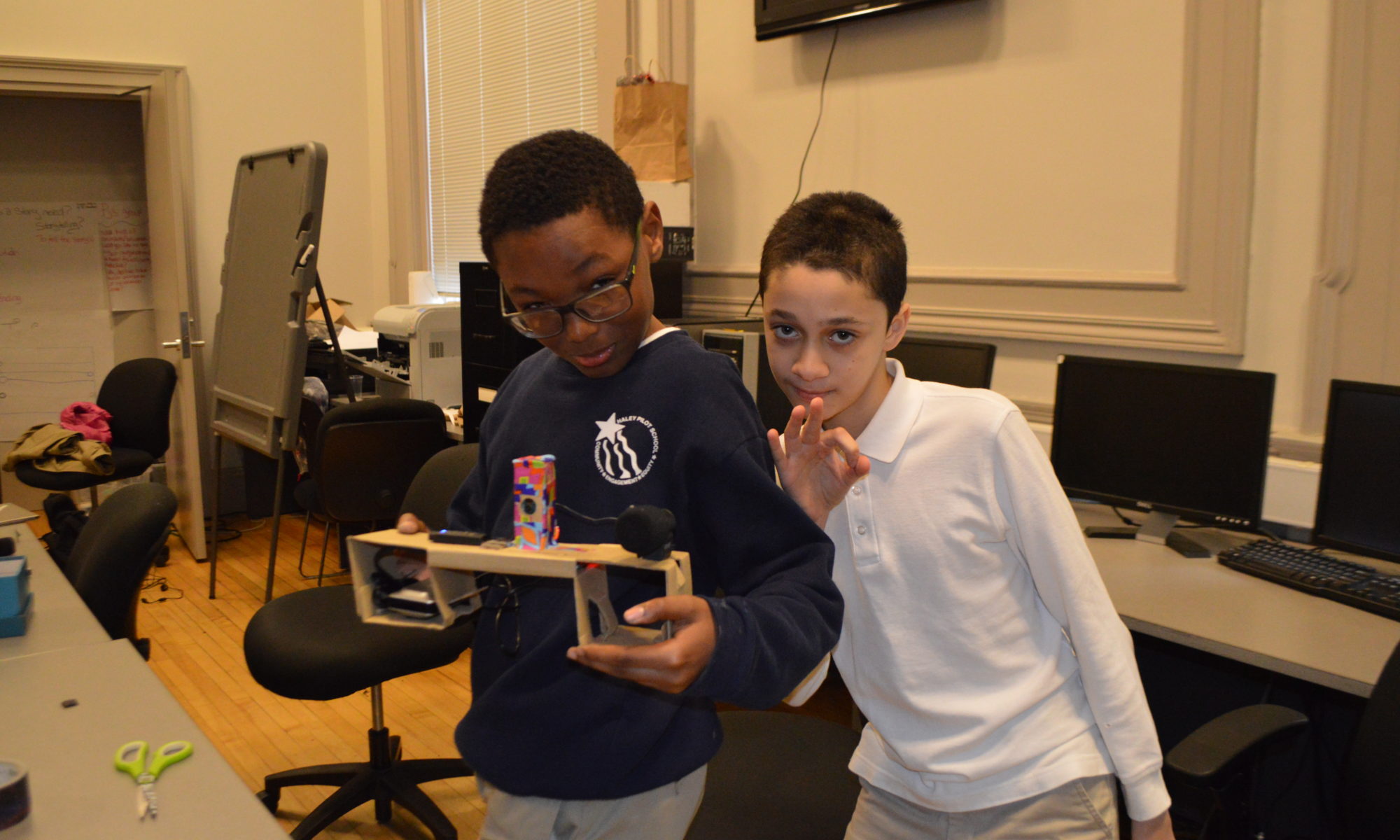Golden Home
Golden Home is a collective storytelling project happening in Boston neighborhoods exploring how they are coping and experiencing the accelerated changes brought about by rapid development. The Project is pilot at Egleston Square and Hyde Square Jackson during summer 2018. The goal is to spark conversation around forced migration, displacement, cultural preservation, and what affordable means.
The conversation focuses on the efforts the community has done for the last 15 years to preserve the community in a tumultuous neighborhood constantly changing and how the newcomers are integrating. One of the main questions is what the community is already doing to preserve these cultural roots. In Egleston Square, the intention is to highlight and document the consequences of rapid development and lack of accessibility for affordable housing as well to increase the visibility of communities that have been struck and displaced by the increase of home value. Explore the project.
Identity Technology Storytelling
As part of the City of Boston’s Artist in Residency, at the Hyde Park Center for Youth and Family, I worked with community members and taught electronics and coding to create ownership and understand identity throughout technology. We created art and poetry using code and physical computing to build video cameras that were used to interview the Hyde Park Community. We facilitated for residents to connect with different generations, understand identity using technology and storytelling, building and creating stories together. This process brought a sense of ownership focused on being makers and not consumers in a world where everything is given.
In Hyde Park, there is no place where a new member of the community can learn from the past. The middle and high school students, as well as the seniors who attend the center, did not have a space for sharing. They lacked ways in which to learn from each other. To create trust, I designed intergenerational coding and electronics workshops scheduled twice weekly for seven months. The community that participated were immigrants, first and second generations, from Haiti and Dominican Republic all Hyde Park residents. The goal was to have a strong curriculum that helped facilitate an environment for them to learn STEAM based on problem-solving and collaboration. We combined exercises to practice storytelling through questions and answers in conjunction with learning tech and building. In the end, we created five handmade video cameras using recycled materials for the body and electronics and microcontrollers for the inside components, as well as a series of interactive poems that reflected their cultural roots and interests. After building the cameras, the participants interviewed staff members, community leaders, friends, and family members. Explore the project.
City Journalists
I led the students from Urbano Project through a creative data collection process that employed readily available tools such as cellphones to interview the Egleston Square business Community. From barbershops and accessories shops to restaurants and offices, the youth documented the impact of gentrification in the area, as well as the stories that interviewees shared about their lives in the community.
The goal as journalists was to create a digital portrait of the Egleston Community that accurately portrays the locals’ backgrounds, struggles, and aspirations. The final product was a series of video projections and installations exhibited at the Egleston Winter Festival. Explore the project.

Do you have a dream?
Do you have a Dream? is an interactive installation and social research working with middle school kids from Santa Fe and New York.
I taught them how to do interviews and work with the cameras in order to create a space for communication and give them a voice.
The installation was part of the summer and spring gallery at ITP New York University It consisted of 9 interactive screens that reacted to movement

Poppy Fields
Being Colombian, I’ve had first-hand experience on the broad spectrum of consequences of drug traffic and its environmental impact. The effects of fumigation on the Colombian ecology will be unrecoverable. Awareness has to be generated around this problem in the industrialized world, which is the leading consumer of these drugs. The solution lies in the affluent societies that depend on these drugs.
This window piece is a beautiful way of representing how Colombia’s ecology is suffering the consequences of aerial fumigation. Explore the project.


